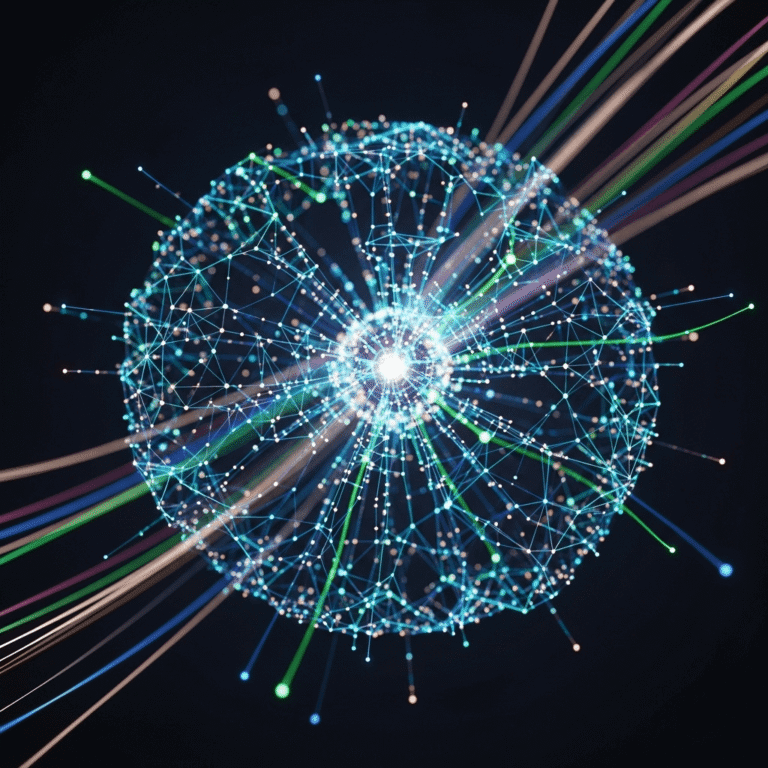AI Search vs. Google: Is Google Holding Us Back?
Many of us rely on Google daily, but a recent experience using Perplexity for a restaurant reservation has sparked an important question: is Google truly offering the most efficient search experience for specific tasks? We delve into how AI search engines like Perplexity are revolutionizing how we find information and complete everyday activities, prompting us to consider if traditional search methods are now holding us back.
The Perplexity Advantage: Effortless Restaurant Reservations and Beyond
For years, reserving a table meant a multi-step journey through various websites. Typically, you would start by searching on Google, which would then present a myriad of links: restaurant official pages, reservation platforms like OpenTable, review sites such as Yelp, and local directories. Consequently, a user would often click through several of these links, sifting through information to find availability, specific dining times, and then navigate to the booking interface. This process, while functional, often felt fragmented and time-consuming.
In stark contrast, leveraging an AI search engine like Perplexity for a restaurant reservation offered a remarkably different, more streamlined experience. When prompted with a request, Perplexity did not just provide a list of links. Instead, it directly synthesized the necessary information from various sources, presenting a concise summary of options, availability, and direct booking capabilities. For instance, it could instantly tell you if a specific restaurant had a table for four at 7 PM and then offer a direct path to secure that booking. This capability demonstrates a significant leap towards AI for daily tasks, transforming information retrieval into direct task completion. Furthermore, this approach reduces the cognitive load on the user, as the AI performs the heavy lifting of information collation and filtering, leading to a genuinely improved search experience.
Is Google Lagging? Understanding the Evolution of Search
Google has undeniably shaped our digital lives, providing an unparalleled index of the world’s information. For broad informational queries – such as “What is the capital of France?” or “History of jazz music” – Google’s link-based results and vast knowledge graph remain incredibly powerful. However, when it comes to specific, task-oriented queries like “book a table at [restaurant name] for [number] people at [time],” the traditional link-centric model can feel less efficient compared to the directness offered by AI. This leads many to wonder if Google is holding us back in certain scenarios.
The core difference lies in their primary functions. Google traditionally acts as a sophisticated librarian, pointing you to shelves (web pages) where you might find your answer. Conversely, AI search engines, especially those focused on task completion, function more like a personal assistant: they understand your intent, retrieve the specific information, and even perform actions on your behalf or guide you to the exact point of action. Consequently, while Google excels at discovery and general knowledge, it may not always be the most efficient tool for direct task execution. This distinction sparks an important conversation about the future of search. As users increasingly seek immediate answers and seamless task completion, the pressure mounts on traditional search engines to evolve. The comparison between Perplexity’s directness and Google’s link-heavy results for a simple reservation illuminates a potential gap in the current search landscape, prompting a deeper look into the efficacy of Google vs AI search for specific user needs.
Ultimately, the experience of making a restaurant reservation with Perplexity highlights a significant shift. While Google remains a powerful tool for broad inquiries, AI search engines excel at providing direct, actionable answers for specific tasks. This prompts us to consider whether our traditional search habits are truly serving us optimally. The future of search likely involves a blend of these approaches, but the call for more efficient, task-oriented results is clear.
For more insights on this topic, visit the original article on ZDNet: https://www.zdnet.com/article/i-used-perplexity-to-make-a-restaurant-reservation-now-im-wondering-if-google-is-holding-us-back/







